Language is a living entity, constantly evolving and adapting over centuries. In English, many words have fascinating and sometimes bizarre histories.
This blog post explores ten such words, delving into their origins and how they came to be part of our everyday vocabulary.
From quirky tales to historical influences, journey with us as we uncover the strange and captivating beginnings of these common terms.
1. Quarantine

The word ‘quarantine‘ has its origins in medieval Venice. During the Black Death, ships arriving at the Venetian ports had to sit at anchor for 40 days before landing.
This practice was called ‘quaranta giorni,’ meaning 40 days in Italian. This waiting period was meant to ensure that no plague carriers entered the city. Over time, the term evolved to ‘quarantine‘, retaining the notion of isolation.
Today, it symbolizes safety and precaution, reflecting its historical roots. Interestingly, the concept of waiting for a specified period is embedded in various aspects of health and safety regulations worldwide.
2. Salary

The term ‘salary‘ comes from the Latin word ‘salarium‘, which referred to the payments made to Roman soldiers for the purchase of salt. Salt was a valuable commodity in ancient times, essential for food preservation.
The phrase ‘worth one’s salt’ also stems from this practice. Over time, ‘salarium’ evolved to mean wages in general, reflecting the crucial role of salt in trade and daily life.
Today, while salt no longer holds the same economic weight, the term ‘salary’ remains a testament to its historical significance and the evolution of trade practices.
3. Candidate
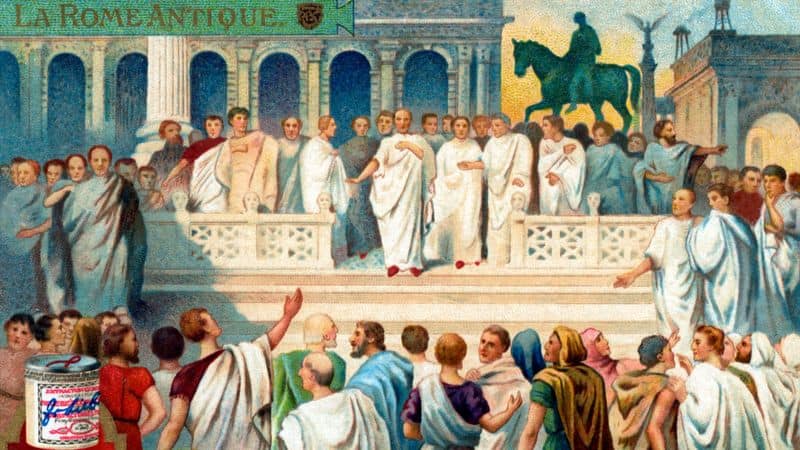
The word ‘candidate‘ originates from the Latin term ‘candidatus‘, meaning ‘clothed in white’. In ancient Rome, those seeking public office wore white togas to symbolize their honesty and purity.
This practice was intended to convey transparency and integrity. As the concept of elections and public service spread, so did the term. Today, while the attire and methods have changed, the essence of candidacy remains rooted in presenting oneself as worthy of public trust.
The word embodies the historical transition from Roman political customs to modern democratic processes. It’s a fascinating example of linguistic evolution.
4. Nightmare
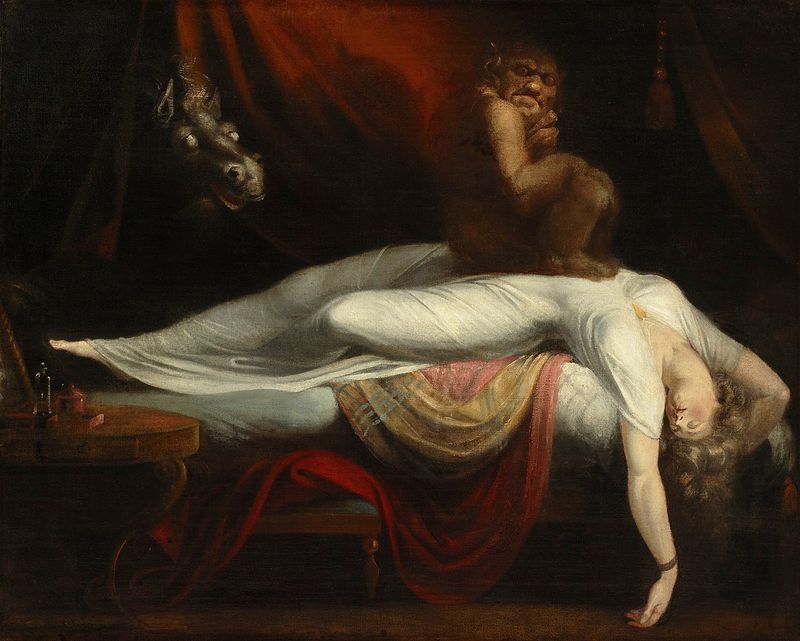
The term ‘nightmare‘ combines ‘night’ with the Old English ‘mære’, a mythological demon believed to sit on people’s chests while they slept.
This creature was thought to cause bad dreams and a sense of suffocation. Over time, the word evolved to represent any frightening dream. Today, nightmares are understood through psychological lenses, yet the term retains its eerie, mystical origins.
Interestingly, many cultures have similar myths, underscoring universal human fears. The evolution of ‘nightmare’ reflects a blend of folklore and modern understanding, illustrating how language adapts to changing perspectives.
5. Clue
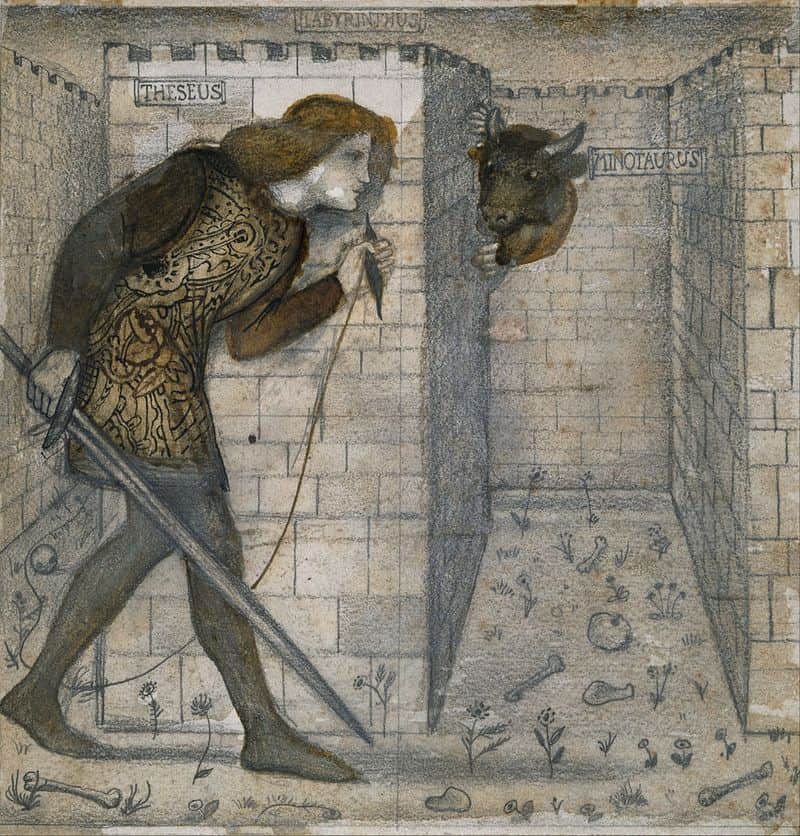
The word ‘clue‘ has its origins in the Greek myth of Theseus and the Minotaur. Ariadne gave Theseus a ball of thread, or a ‘clew’, to help him find his way out of the labyrinth.
Over time, ‘clew’ evolved into ‘clue’, symbolizing anything that aids in solving a problem or mystery. This transformation reflects the story’s enduring influence on language and culture.
Today, ‘clue’ is widely used in detective stories and puzzles, embodying the idea of guidance through the metaphorical labyrinths of life, much like in the myth. It’s a word rich in story and significance.
6. Hazard
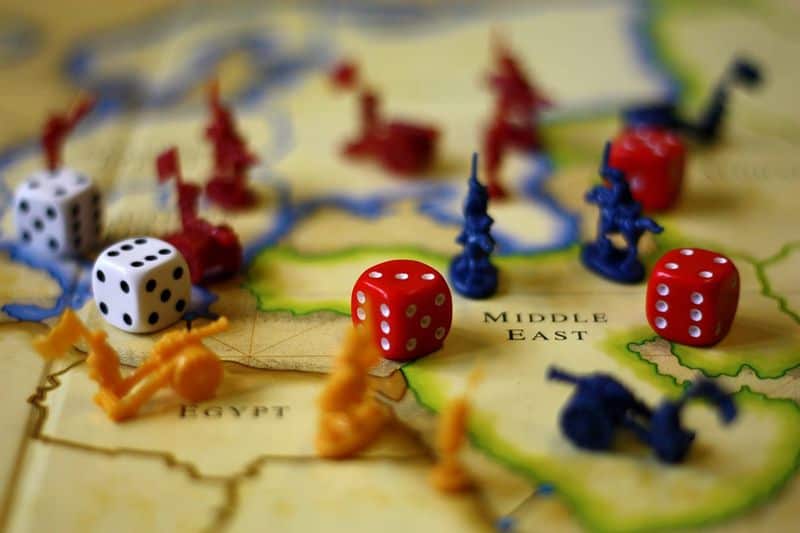
The origin of the word ‘hazard‘ traces back to the Arabic word ‘al-zahr‘, meaning ‘the dice‘. Medieval gambling games introduced this term to Europe.
As the games were risky, ‘hazard’ soon became associated with chance and danger. Over time, its meaning expanded to include any risk or potential harm. Today, ‘hazard’ is commonly used in contexts like safety warnings or risk assessments.
Interestingly, the journey from a simple game of dice to a term symbolizing peril illustrates how language evolves, adapting to cultural shifts in understanding risk and probability. It’s a compelling linguistic transformation.
7. Malaria

‘Malaria‘ originates from the Italian words ‘mala aria’, meaning ‘bad air’. During the 18th century, it was believed that swamp vapors caused the disease.
This theory stemmed from observations that people near marshes fell ill. It wasn’t until later that the role of mosquitoes was discovered. While the ‘bad air’ theory was debunked, the name persisted.
Today, ‘malaria’ represents a significant public health challenge. The term’s history highlights how scientific understanding evolves, reflecting a journey from misconception to modern science. It also underscores the importance of scientific inquiry and adaptation in language.
8. Trivial
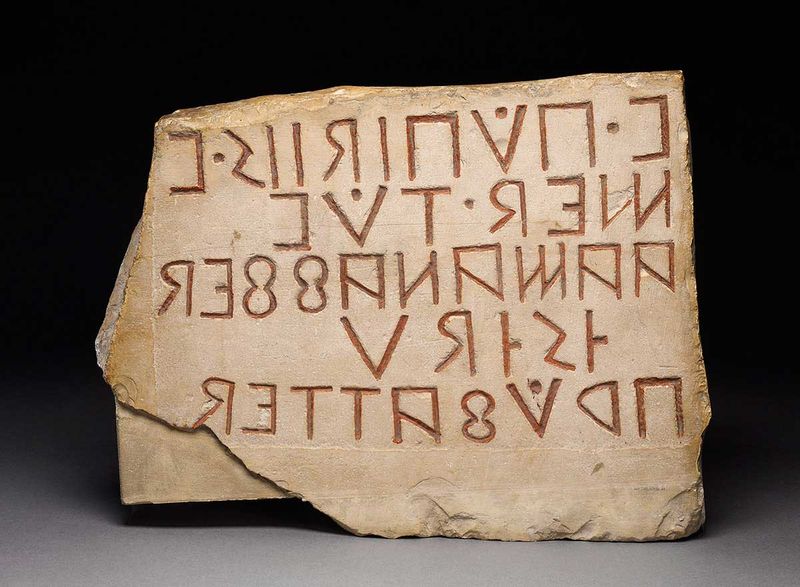
The word ‘trivial‘ comes from the Latin ‘trivium’, meaning ‘place where three roads meet’. In medieval education, the trivium referred to the three foundational subjects: grammar, rhetoric, and logic.
These were considered basic, or ‘trivial‘, studies before advancing to more complex subjects. Over time, ‘trivial‘ came to mean simple or of little importance.
Today, while often used to describe insignificant matters, its origin underscores the historical value placed on foundational knowledge. The evolution of ‘trivial’ from educational terminology to commonplace usage reveals much about changing perceptions of knowledge and complexity.
9. Panic

The word ‘panic‘ is derived from the Greek god Pan, known for his wild and unpredictable nature. According to mythology, his sudden appearances in the forest would cause flocks of sheep to scatter in fear.
Thus, ‘panic’ originally described the irrational fear attributed to Pan’s presence. Over time, the term evolved to encompass any intense, overwhelming anxiety.
Today, ‘panic’ reflects both psychological and cultural dimensions of fear. The transition from a mythological figure to a modern psychological term illustrates the enduring impact of ancient myths on contemporary language and human experience. It’s a journey from myth to mind.
10. Alphabet
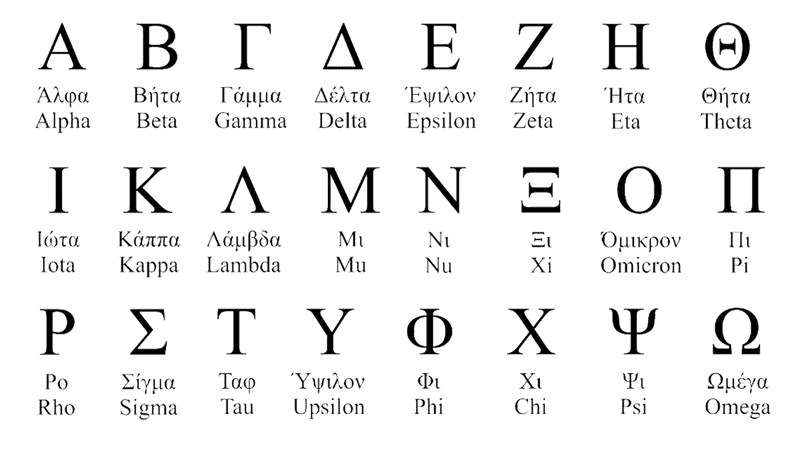
The term ‘alphabet‘ originates from the first two letters of the Greek alphabet, alpha and beta. This naming convention traces back to the Phoenicians, who created one of the earliest writing systems.
As the Greeks adopted and modified this system, they named it after its initial characters. Over time, the term ‘alphabet’ came to represent any set of letters in order.
Today, it symbolizes the building blocks of language, crucial for communication. The evolution from ancient symbols to modern alphabets underscores humanity’s quest for expression and knowledge. It’s a testament to cultural exchange and linguistic development.

